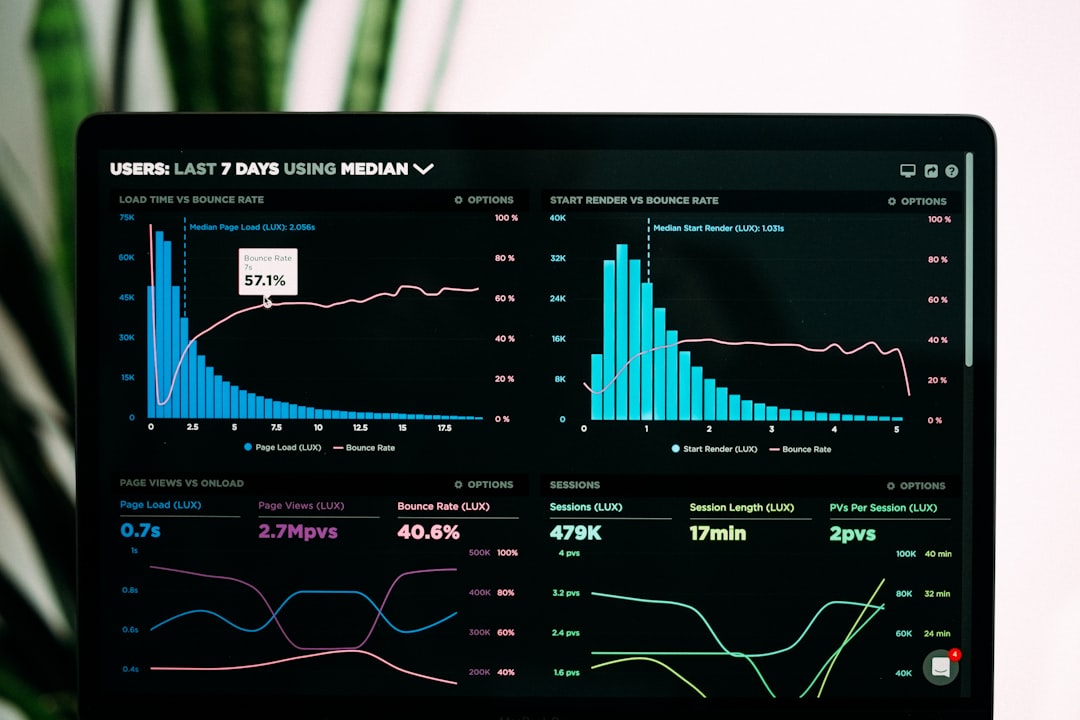Today’s Human Resources professionals wear many hats — from talent acquisition specialists to compliance officers, culture champions to workforce analysts. But to truly thrive in this multifaceted role, HR heroes need more than just grit and coffee; they need robust, user-friendly HR software that actually lightens their load instead of adding to it.
TLDR: Comparing the Top HR Software Solutions
If you’re in HR and looking for software that supports your full scope of functions — from recruiting to retention — not all platforms are created equal. This article dives into side-by-side comparisons of prominent HR software tools to reveal which ones truly empower HR professionals. With factors like usability, integrations, automation and customer support all in play, some tools clearly stand out. Spoiler: it’s not always the brand with the biggest budget that delivers the best tech for people teams.
What Makes a Great HR Software?
Before delving into product comparisons, it’s essential to establish what truly great HR software looks like. The following features are considered critical for empowering modern HR teams:
- User-Friendly Interface: HR teams need intuitive platforms that reduce learning curves and mistakes.
- End-to-End Functionality: From hiring and onboarding to performance management and payroll, a seamless user journey is crucial.
- Scalability: As teams grow, the software should easily adapt without causing bottlenecks.
- Customization and Integration Capabilities: Sync with existing tools like Slack, Teams, or accounting software for full organizational synergy.
- Analytics and Reporting: Data-driven HR decisions are only possible with strong analytics capabilities.
The Contenders: Top HR Software Platforms Reviewed
We compare five of the biggest players in the market, focusing on real-world scenarios HR professionals face daily. The goal: to uncover not just the features listed on a marketing site but how these platforms actually support productivity and decision-making.
1. BambooHR
BambooHR is often touted as the gold standard for small to mid-sized businesses thanks to its clean design and easy use. Known for simplicity, the platform covers essentials like applicant tracking, employee records, and performance management.
- Pros: Excellent UI, smooth onboarding process, strong customer support.
- Cons: Limited in customization; may not scale well for large enterprises.
Best For: Small to medium-sized companies that want clean, straightforward interfaces with moderate functionality.

2. Workday
If you’re looking at enterprise-level solutions, Workday is a top-tier HCM platform trusted by huge corporations worldwide. It includes everything from workforce planning to advanced analytics and financial tracking.
- Pros: Deep analytics, seamless integration with finance systems, broad capability.
- Cons: Steep learning curve, high cost, slower implementation.
Best For: Large, data-heavy organizations needing comprehensive oversight and multi-department ties.
3. Gusto
Gusto focuses primarily on payroll and benefits, but it’s expanded into hiring, onboarding, and performance management. It’s great for startups and small businesses.
- Pros: Affordable pricing, user-friendly payroll processes, compliance support.
- Cons: Limited reporting and HR-specific features beyond workforce management.
Best For: Startups and SMBs that prioritize payroll, benefits, and compliance efficiencies over bells and whistles.
4. Zenefits
Zenefits offers a balanced mix of payroll, HR, and compliance tools under one roof, specifically designed for ease of use while still packing a punch for administrators.
- Pros: Clean UI, compliance tools, usable from day one.
- Cons: Occasional feature bugs, fewer integrations compared to competitors.
Best For: Mid-sized companies looking for a well-rounded HRIS with payroll and compliance tools included.
5. Rippling
Rippling is gaining attention thanks to its modular design. You can start with payroll and expand into device management, app provisioning, and more.
- Pros: Highly customizable, intuitive workflow automation, broad reach.
- Cons: Setup time required, can get costly as modules stack.
Best For: Tech-savvy businesses that want to automate as much of HR and IT as possible.

Which Platform Supports the Real Work of HR?
The reality is that no one-size-fits-all solution exists. Truly empowering HR software aligns with the organizational mission, makes life easier for administrators and employees, and provides rich insights into workforce trends.
BambooHR scores high on usability, while Workday reigns in complexity. For those juggling HR and accounting hats, Gusto emerges as a lifesaver. Zenefits presents a decent all-around budget option, and Rippling delivers unmatched automation for tech-forward teams.
How to Choose the Right HR Software
Your decision should be informed by these key criteria:
- Company Size: Consider scalability and your roadmap for growth.
- Existing Tools: Identify what integrations are non-negotiable for your business stack.
- User Skill Level: If your HR team isn’t tech-savvy, steep learning curves could hinder productivity.
- Support Availability: 24/7 live chat? Community forums? Phone support? Know what’s available.
HR Heroes Deserve Heroic Tools
HR professionals are facing more challenges than ever — from hybrid mode management to workplace engagement and DEI initiatives. The right technology makes navigating this complex terrain not just manageable but influential.
With sharper tools, better data, and seamless coordination, HR isn’t just a support function — it becomes a strategic powerhouse that drives business success. So if you’re choosing HR software soon, don’t just settle. Choose a platform that genuinely works as hard as your team does.
Frequently Asked Questions (FAQ)
- What is the best HR software for small businesses?
- BambooHR and Gusto are both excellent for small businesses due to their affordability, ease of use, and essential HR functionalities.
- Is Workday too complex for a mid-sized company?
- In many cases, yes. Workday is built for enterprise-level needs and may offer more complexity than smaller teams require, alongside a higher cost.
- Which HR software has the best automation features?
- Rippling stands out for workflow automation and modular growth, making it ideal for teams that want to automate both HR and IT functions.
- Can I migrate data easily between these platforms?
- Many platforms offer migration tools or migration support, but the ease of transfer may vary. Always inquire before purchasing a new system.
- Which platform offers the best customer support?
- Based on user reviews, BambooHR and Zenefits consistently receive praise for responsive and helpful customer service.
